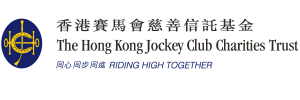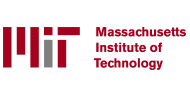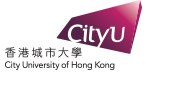Keynote Speakers
Speech Title
A Rigorous, Inclusive, and Sustainable Approach to CTforALL
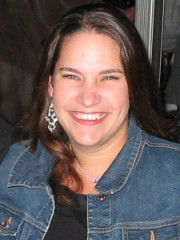 Dr. Leigh Ann DELYSER
Dr. Leigh Ann DELYSER
CSforALL, The United States
Speaker Bio
Leigh Ann is a lifelong advocate of computer science education. At CSforALL, Leigh Ann oversees the administration, programs, and strategic plan of the organization and directs a research agenda to measure impact and inform future organizational efforts. Prior to the launch of CSforALL, Leigh Ann served as the Director of Education and Research at CSNYC, where she designed and led research and programmatic efforts to support the expansion of computer science education to all of NYC’s public schools. Before CSNYC, Leigh Ann worked for 12 years first as a high school CS teacher and later as a college CS professor at a range of institutions including Carnegie Mellon University, NYU, and Westchester Community College, and she served on the Board of Directors for the Computer Science Teachers Association. Leigh Ann earned her PhD from Carnegie Mellon University in Computer Science and Cognitive Psychology, with a focus on CS education. Leigh Ann has authored numerous research papers and reports including the influential Running on Empty report, highlighting the lack of standards in CS education in the United States.
Speech Summary
Computer science (CS) education is rapidly becoming a core subject in K-12, and a broader conversation then emerges as how computational thinking (CT) is part of or absent from the CS education movement. In this talk, Dr. DeLyser will present an overview of the policy and implementation decisions regarding CS and CT education. Policy quickly moves to implementation, and the talk will as well, highlighting ways CS and CT both overlap and are distinct. Both movements have mostly been led by teachers whose forward thinking have prompted the rigorous integration of both topics in educational practice. Individual classroom practice, however, can often fall short of rigor, equity, and sustainability goals for a new core discipline in schools. Challenges faced will be discussed from this point of view, and will include data from the CSforALL initiative in the United States and how local actors are translating these efforts into practice.
Speech Title
Designing for Disciplinary-specific CT: How to bring CT into Mathematics classrooms?
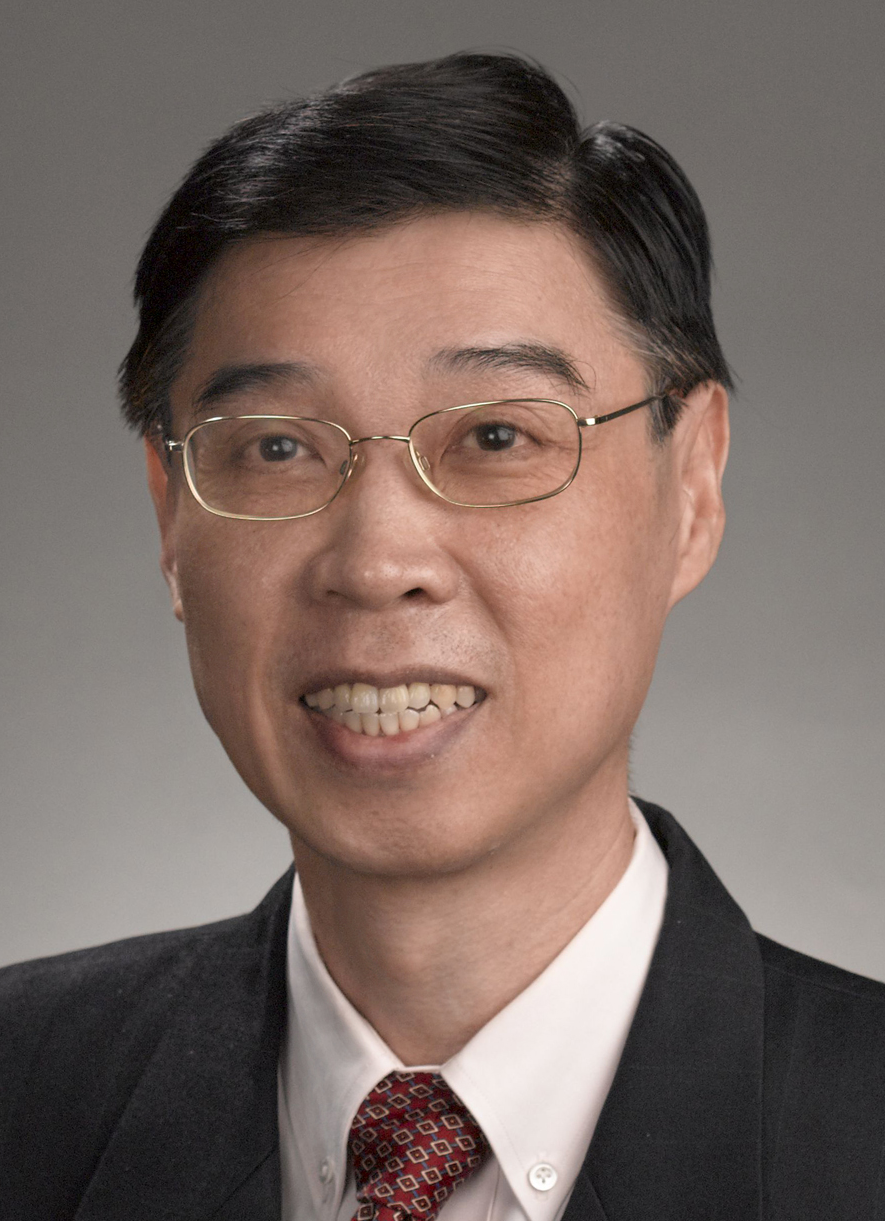 Prof. Chee-kit LOOI
Prof. Chee-kit LOOI
Nanyang Technological University, Singapore
Speaker Bio
Chee-Kit LOOI is Professor of Education at the National Institute of Education (NIE), Nanyang Technological University (NTU), Singapore. He was the founding Head of the Learning Sciences Lab, the first research centre devoted to the study of the sciences of learning in the Asia-Pacific region. His research interests are in the areas of computational thinking, seamless learning, and computer-supported collaborative learning. His research on seamless mobile learning has created a model of 1:1 computing, and transformed the curricula of science in a primary school in Singapore so that they can harness the affordances of mobile devices for inquiry learning. This research is remarkable in terms of reaching the stage of achieving sustainability and scalability. He is the PI of a recently completed project studying pedagogies for computing using unplugged approaches in the formal computing curriculum for secondary schools, and will be the PI for another project to integrate computational thinking into mathematics teaching. Chee Kit is currently the President of the Global Chinese Society for Computers in Education. He obtained his PhD in Artificial Intelligence from the University of Edinburgh in the area of teaching novices programming.
Speech Summary
Computational Thinking (CT) skills have been proposed and advocated by some as a foundational literacy that should be taught at K-12 schools. One pathway is the inclusion of CT or Computing as part of compulsory education as many countries have done. Yet another possible pathway to broader CT education is the integration of CT in STEM or other core school subjects. In this talk, we review the historic trajectory of work that makes a case for Math+C lessons to potentially support the learning of mathematics and CT. From a pragmatic perspective, existing examples of Math+C lessons may have not been compelling or feasible enough for mathematics teachers to seriously consider implementing, and there is limited evidence of what students learn or gain from Math+C lessons. We argue that a compelling and feasible Math+C lesson is grounded in a definition of CT that is “from Math, for Math”, and that students can mentally construct mathematics concepts through the intentional use of CT defined for Math learning. We draw on our ongoing work in Singapore secondary schools on the designing, enacting, refining, and evaluation of Math+C lessons to discuss issues of how can Math provide an engaging context for learning CT/coding, and conversely, how CT/coding can make math learning more engaging and motivating. We will also discuss the challenging issues of how to address the assessment of general and disciplinary CT competencies and skills.
Speech Title
Evaluation and Assessment of Computational Thinking and “Unplugged” Activities
 Prof. Jan VAHRENHOLD
Prof. Jan VAHRENHOLD
University of Münster, Germany
Speaker Bio
Jan Vahrenhold is a Professor of Computer Science at the Westfälische Wilhelms-Universität Münster, Germany. He studied Computer Science, Mathematics, and Classical Philology and received his PhD (1999) and venia legendi (2004) in Computer Science, both from WWU Münster. He was Associate Professor of Computer Science at TU Dortmund, Germany, from 2006-2012 and held visiting faculty positions at UMIT Innsbruck, Austria, in 2001/2002 and the University of Siegen, Germany, in 2002/2003.
Prof. Vahrenhold’s research interests include Efficient Algorithms, Algorithm Engineering, and Computing Education Research. He has (co-)chaired several international conferences in these areas and acts as Co-Editor-in-Chief of “Computer Science Education” and as Associate Editor of “ACM Inroads” and “Journal of Computational Geometry”. From 2014-2017, he chaired the joint ACM Europe/Informatics Europe Committee on European Computing Education.
Speech Summary
The past two decades have seen tremendously successful efforts to bring Computer Science to K-12 classrooms all around the world. Tightly coupled with these efforts, both Computational Thinking and “Unplugged” activities have found their way into curricula and their implementations. However, varying operationalisations of Computational Thinking as well as the perceived playful character of “Unplugged” activities initially prevented a formal assessment of the teaching interventions geared at developing Computational Thinking or using “Unplugged” activities. In this talk, Prof. Vahrenhold surveys some of the results and instruments related to assessing Computational Thinking - including the setup of the current large-scale International Computer and Information Literacy Study (ICILS 2018). Also, he would present results related to using “Unplugged” activities as an alternative to traditional methods of instruction in K-12 classrooms.
Speech Title
Computational Thinking is Winning: What it is About?
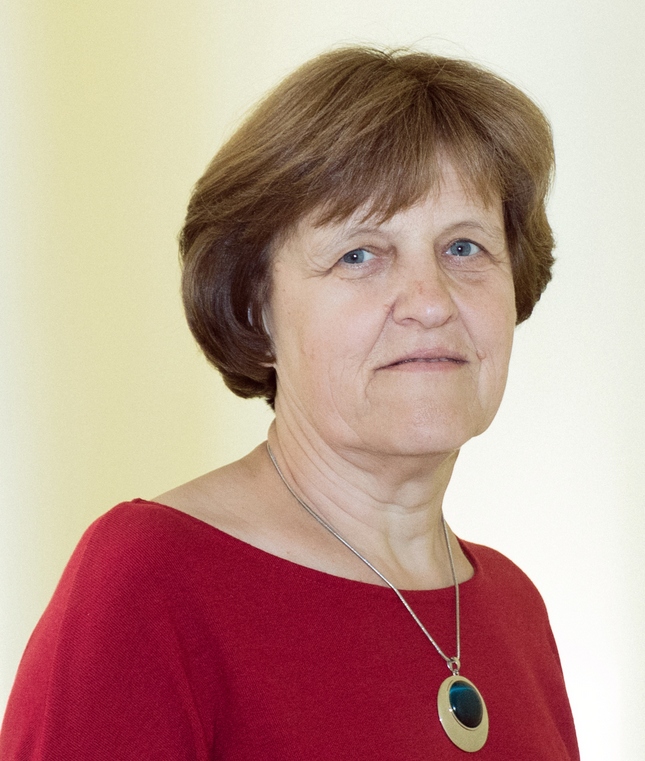 Prof. Valentina DAGIENĖ
Prof. Valentina DAGIENĖ
Vilnius University, Lithuania
Speaker Bio
Prof. Valentina Dagiene is principal researcher and head of Department of Informatics Methodology in Vilnius University Institute of Mathematics and Informatics. She takes care of research on Informatics (Computer Science) in secondary schools as well as. She has published over 200 scientific papers and 60 books on Informatics education. She is an Editor-in-Chief of two international journals “Informatics in Education“ and “Olympiads in Informatics”. She established an International conference on Olympiads in Informatics organized annually. She was involved in Eurologo conferences and scientific committee since their beginning. She is one of the Logo community patriarchs in Lithuania in early 80’s.
In 2004 she established the International Challenge on Informatics and Computational Thinking BEBRAS (Beaver) which has been organizing in over 50 countries. She coordinated over 30 national and international projects on teaching coding to children and youngsters, technology enhanced learning, ICT introduction to education, teacher trainings, development of education software, software localization and internationalization. She is acknowledged by dozen awards on Education of Informatics, among them most important ETH (Zurich) honorary gold medal for contributions to School Informatics in Europe (2011), Global ICT Excellence Award (Merit winner) from WITSA (2013), Lithuanian IT industry award for outstanding contribution to IT and promotion of Lithuania worldwide (2014), etc.
Speech Summary
CT involves solving problems, abstract thinking, designing systems, and understanding human behavior by drawing on the fundamental concepts of Informatics or Computing, or CS. CT encompasses a wide range of mental processes, which are considered necessary supplies for the 21st century children. However, despite the wide attention that CT has received, there is still limited strategies that can promote the acquisition and development of such skills. CT skills incorporate analytical thinking, engineering thinking, and scientific thinking. Thus, they could be positioned as a kind of universal skills for the modern student, and this is especially true for STEM education.
CT provides a powerful framework for studying computing, with wide application beyond computing itself. It is the process of recognizing aspects of computation in the world that surrounds us and applying tools and techniques from computing to understand and reason about natural, social and artificial systems and processes. It allows pupils to tackle problems, to break them down into solvable chunks and to devise algorithms to solve them. The worldwide Bebras challenge on Informatics and CT is discussed as an example of connecting formal and non-formal informatics education by using thousands of tasks based on informatics concepts and applying problem solving strategies. The main goal of the Bebras challenge is to motivate pupils to be interested in informatics topics and to promote thinking which is algorithmic, logical, operational, and based on informatics fundamentals. The Bebras activities have to promote pupils’ interest in informatics at the early stage of the school education and to motivate pupils to learn deeper and master better technology. The Bebras challenge is an education community network which consolidates over 50 countries to discuss together informatics concepts for school informatics education. The Bebras task developing workshops organized annually (since 2005) bring together the representatives of all these countries for hard work and making decisions on good tasks for promoting informatics education at primary and secondary schools.
Invited Speaker
Speech Title
Computational Thinking in the Interdisciplinary Robotic Game: the CHARM of STEAM
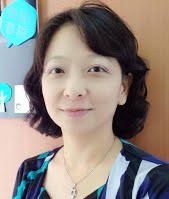 Prof. Ju-ling SHIH
Prof. Ju-ling SHIH
National University of Tainan, Taiwan
Speaker Bio
Ju-Ling Shih is a Professor and the chair of the Department of Information and Learning Technology in National University of Tainan, Taiwan. She earned her Ed.D. in Communication and Education from Teachers College, Columbia University. She has two Master degrees: Ed.M. in Communication and Education from Teachers College, Columbia University; and M.S. in Broadcasting Production from Boston University. Her research interests include instructional design and qualitative research in digital learning, game-based learning, mobile learning, and technology-mediated education in various levels and fields; and conduct interdisciplinary activities for educational practices. She has developed a cross-platform 3D role-play digital learning games “Taiwan Epic Game” that integrates the mobile-learning and digital games for the exploration of Taiwan history and culture, and a STEM-based maker game of the Great Voyage with computational thinking and robotic education in the context of humanities. With both projects, she has won consecutive Excellent Young Scholars Projects in the last decade, and received the 2012 Ta-You Wu Memorial Award from the Ministry of Science and Technology, Taiwan. Her publications can be seen in academic journals such as Educational Technology and Society, Computers & Education, and British Journal of Educational Technology among others.
Speech Summary
In my educational project, computational thinking is integrated in the interdisciplinary robotic game, in which the student groups role-play the four main countries in the Age of Discovery using computers to write block programming to control the robotic ships to voyage on the world map.
In the game, computational thinking is the key to employ diplomatic strategies, cooperate or compete with other countries, solve historical crisis, and complete tasks by trading or battling for spices.
Along with the game, a set of curriculum is prepared for students’ knowledge and skill extensions, such as unplugged coding, coding with block editor, coding for robots, making and crafting the robotic ships, as well as several game mutations such as the board game, the maker game, the navigation game, and the summit game. It is a curriculum of STEAM, the science-oriented disciplines, stemmed on the humanity-oriented disciplines, CHARM (culture, humanity, adventure education, reading, and maker).
The learning effects can be seen on students’ computational thinking test results, and the students’ coding competence and confidence are also evident in the gaming process. The educational goal has achieved by transforming the passive classroom learning into one that embraces interaction, participation, exploration, and knowledge construction.

